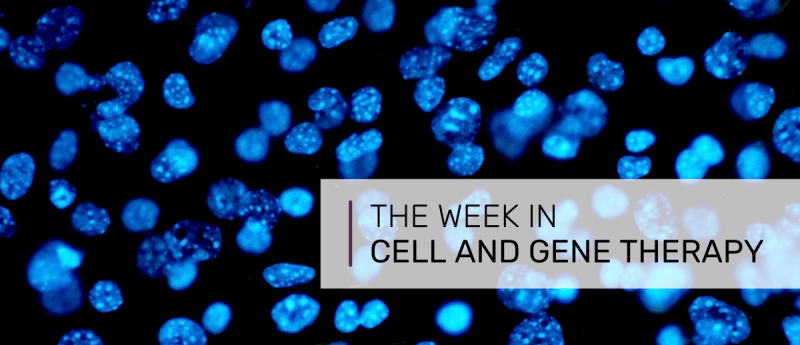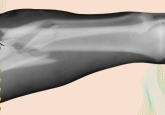Cell therapy weekly: Umoja Biopharma and Lupagen collaborate to transform patient care in gene therapy delivery

This week: Umoja Biopharma and Lupagen collaborate to transform patient care in gene therapy delivery, US FDA approves Dupixent for treatment of eosinophilic esophagitis and AMSBIO launches StemFit Purotein® range of recombinant proteins.
The news highlights:
Umoja Biopharma and Lupagen collaborate to transform patient care in gene therapy delivery
Umoja Biopharma (WA, USA), an immuno-oncology company creating therapeutics that reprogram cells in vivo for patients with solid tumors and blood cancers, has recently entered a collaboration with Lupagen (TX, USA), a gene therapy company developing gene delivery technologies for CAR-T, gene editing and immunotherapy products. The partnership will utilize Lupagen’s Side CAR-T™ technology, aiming to evaluate extracorporeal in vivo delivery as a route of administration for Umoja’s VivoVec particles. In a bid to put patients first and reimagine the patient experience, the delivery system is anticipated to allow efficient and controlled viral vector targeting of T cells in a bedside procedure. Further, the system would not require lymphodepleting chemotherapy.
“Lupagen’s core focus is to make gene therapies broadly accessible using our extracorporeal in vivo gene delivery system. This partnership seeks to transform patient care by pairing Lupagen’s novel extracorporeal gene delivery technology with Umoja’s next-generation in vivo therapeutics to revolutionize cancer treatment. The familiarity of healthcare providers with extracorporeal bedside procedures will enable greater uptake and access to life-changing therapies across a wider range of patients. We look forward to working with Umoja to enhance the potential of their VivoVec particles with the highly controlled targeted delivery Lupagen’s technology can offer,” commented David Peritt, Chief Scientific Officer and co-founder of Lupagen.
FDA approves Dupixent for treatment of eosinophilic esophagitis
The FDA has granted clearance to Sanofi (Paris, France) and Regeneron Pharmaceuticals’ (NY, USA) product Dupixent (dupilumab), a monoclonal antibody blocking interleukin 4 and interleukin 13 used for allergic diseases such as eczema, asthma and nasal polyps. The label has been expanded to include treating patients with eosinophilic esophagitis, a chronic, progressive inflammatory disease that damages the esophagus and prevents it from working properly. The treatment was approved 2 months ahead of schedule for patients aged 12 years and older, being the first drug cleared by US regulators to treat the chronic immune disorder.
“It is gratifying that Dupixent, a medicine that we invented in our laboratories, is now approved in yet another disease marked by allergic or type 2 inflammation, namely eosinophilic esophagitis. Eosinophilic esophagitis can be debilitating for patients, by inflaming and damaging the esophagus and limiting the ability to eat normally. Dupixent is the first and only medicine specifically indicated to treat eosinophilic esophagitis in the United States, and today’s approval marks the fourth disease for which Dupixent is now indicated, reinforcing the promise of targeting IL-4 and IL-13 to effectively treat diseases with underlying type 2 inflammation,” stated George Yancopoulos, President and Chief Scientific Officer of Regeneron.
AMSBIO launches StemFit Purotein® range of recombinant proteins
The increasing demand for clinically applicable recombinant proteins in cell therapy applications has placed a spotlight on the requirements of product quality, lot-to-lot consistency and regulatory compliance. AMSBIO (Abindgon, UK), a provider of quality life science research reagents and services are meeting these needs with their recently launched StemFit Purotein® products, designed and manufactured under a strict animal-free protocol to minimize risk of contamination and ensure lot-to-lot consistency. The high purity, high activity range covers a spectrum of recombinant proteins that influence the differentiation of embryonic stem cells and iPSCs into liver, pancreas, kidney, heart, blood and immune cells.
The product brings light to the need for high quality recombinants and culture conditions to ensure lot-to-lot consistency and final product efficacy. The need for high cell quality in cell and gene therapy means that control of these critical culture parameters is crucial in achieving reproducibility.
You might also like:





